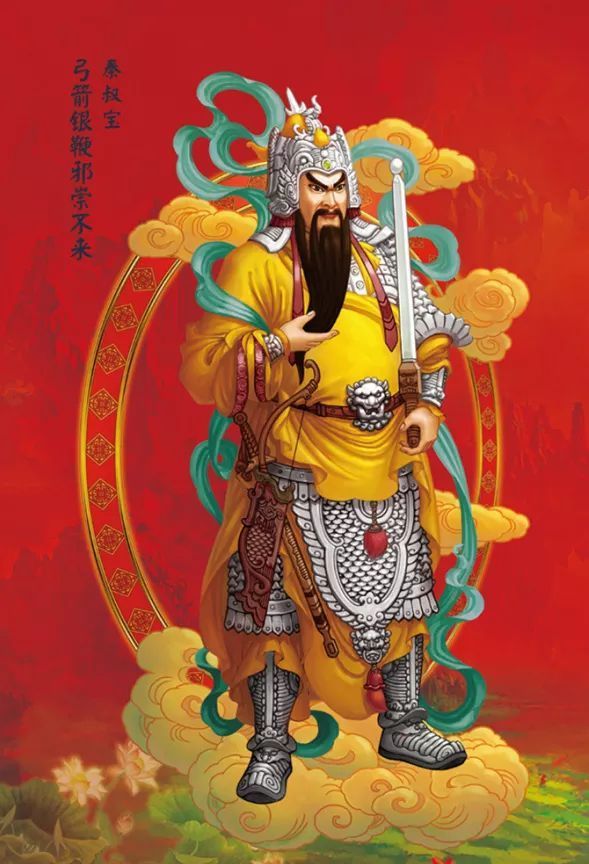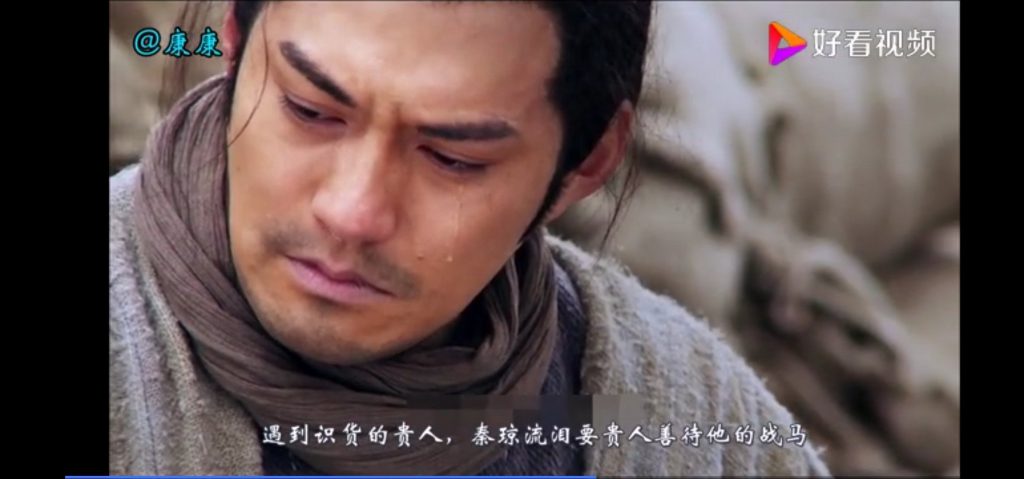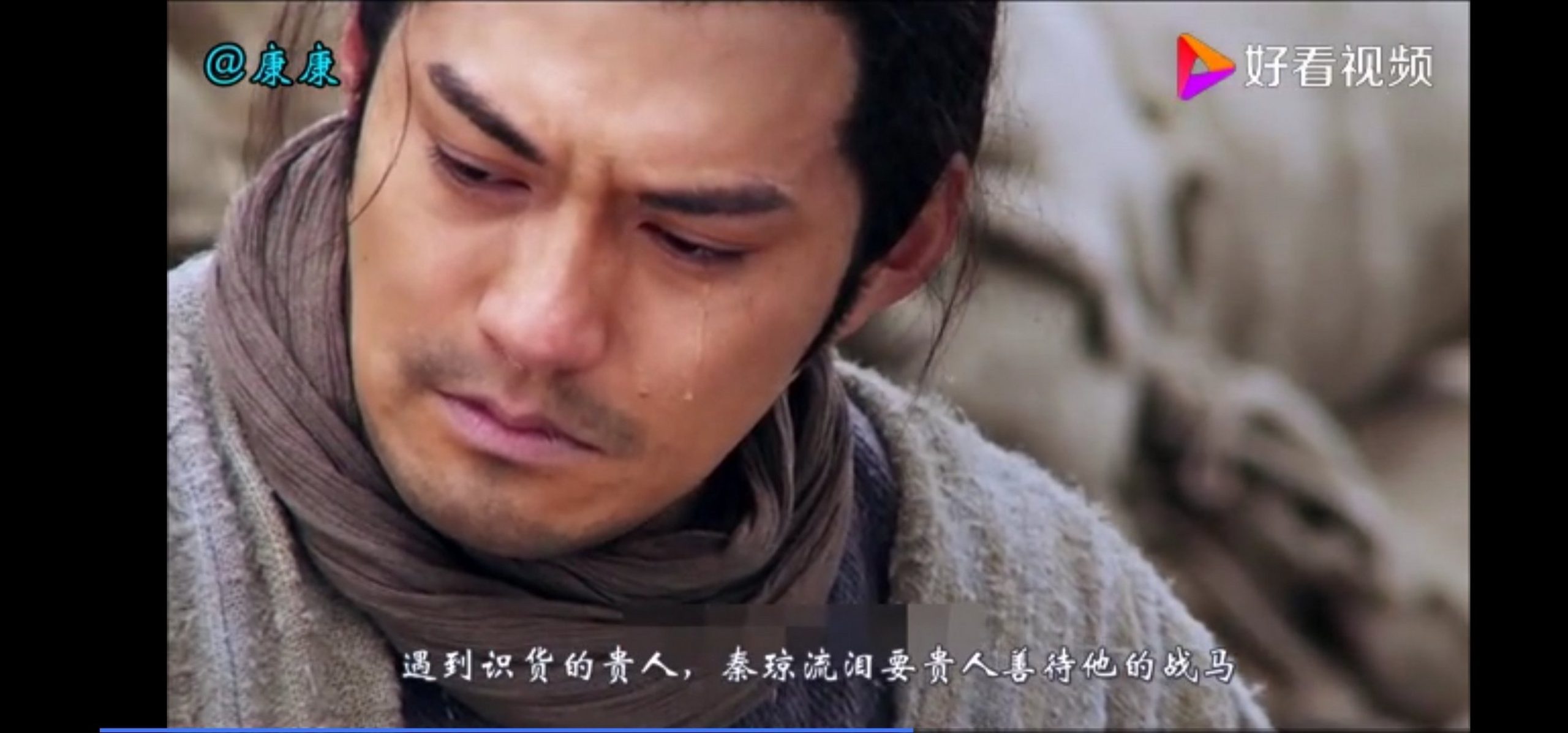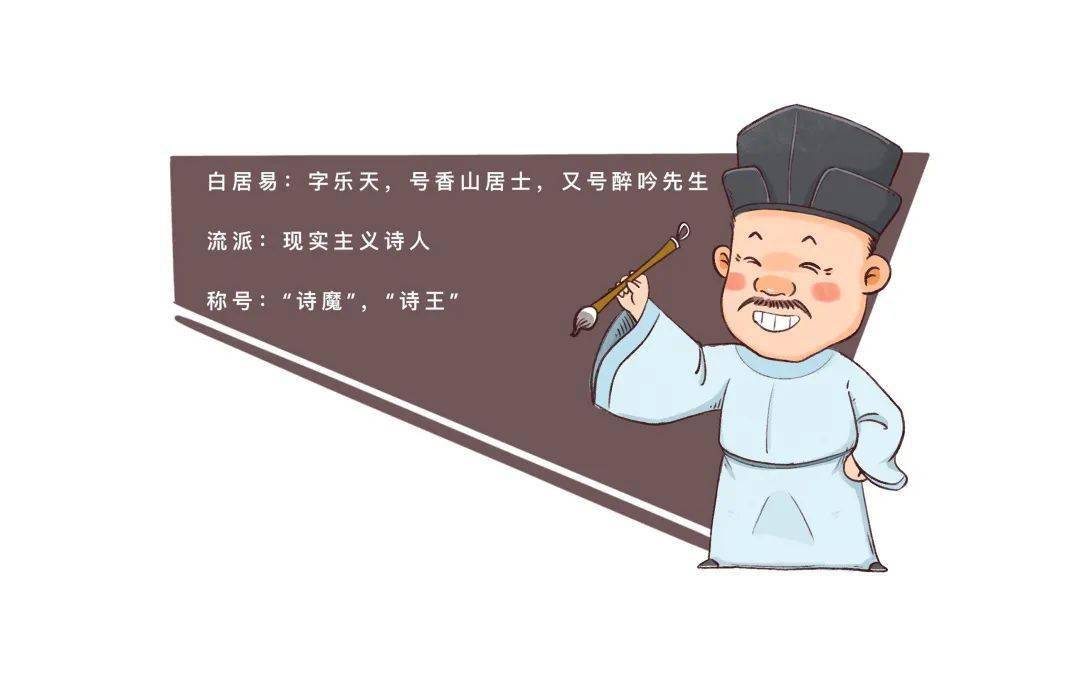
ang Anshi (December 18, 1021- May 21, 1886), also known as Jiefu and Banshan. He was born in Linchuan, Fuzhou (now Fuzhou, Jiangxi). Famous philosopher, politician, literary figure, and reformer of the Northern Song Dynasty. Below, the history encyclopedia editor will bring you a detailed introduction. Let’s take a look together!

In the second year of Qingli (1042), Wang Anshi passed the imperial examination and became a jinshi. He has successively held the posts of Yangzhou Judge Signing, Yinxian Supervisor of the County County Judge, Shuzhou General Judge and so on, with remarkable achievements. In the second year of Xining (1069), he was appointed as a political counselor, and the following year he became a prime minister and presided over the reform. Due to opposition from the conservative faction, he was dismissed as prime minister in the seventh year of the Xining reign (1074). One year later, Emperor Shenzong of Song rose to power again, but then resigned and retreated to Jiangning. In the first year of Yuanyou (1086), the conservative faction gained power, and all new laws were abolished. He died of illness in Zhongshan and was posthumously honored as the Grand Tutor. In the first year of Shaosheng (1094), he was posthumously awarded the title of “Wen” and was later known as Wang Wengong.
Wang Anshi devoted himself to the study of classics, wrote books and theories, and created the “Jinggong New School”, which promoted the formation of the skeptical and ancient style of learning in the Song Dynasty. In philosophy, he used the “Five Elements Theory” to expound on the generation of the universe, enriching and developing ancient Chinese naive materialism; His philosophical proposition of “the elimination of new causes” pushed ancient Chinese dialectics to a new height.
In literature, Wang Anshi has outstanding achievements. His prose is concise and sharp, short and concise, with clear arguments, rigorous logic, and strong persuasiveness. It fully utilizes the practical function of classical Chinese and ranks among the “Eight Masters of Tang and Song Dynasties”; His poetry “learned from Du’s thinness and hardness”, skilled in reasoning and rhetoric. In his later years, his poetic style was subtle, profound, and gentle, and he established himself in the poetry world of the Northern Song Dynasty with a style that was rich in spirit and distant rhyme, known as the “Wang Jinggong style”; His poems and writings are full of nostalgia for ancient times, with a broad and vast artistic conception, and a simple and distant image, creating a unique emotional world of literati and scholars. There are surviving works such as “Wang Linchuan Collection” and “Linchuan Collection Collection Collection”.




